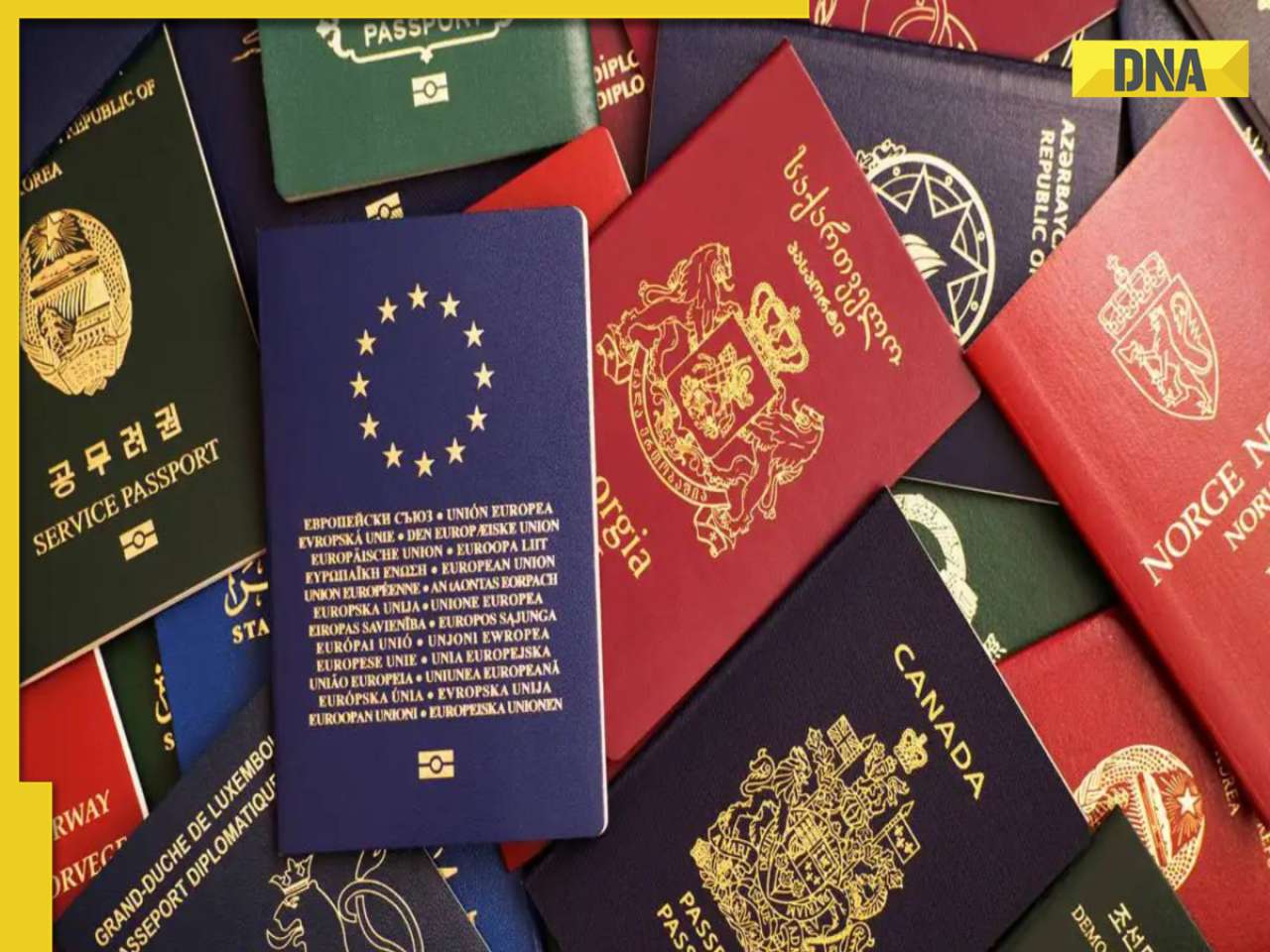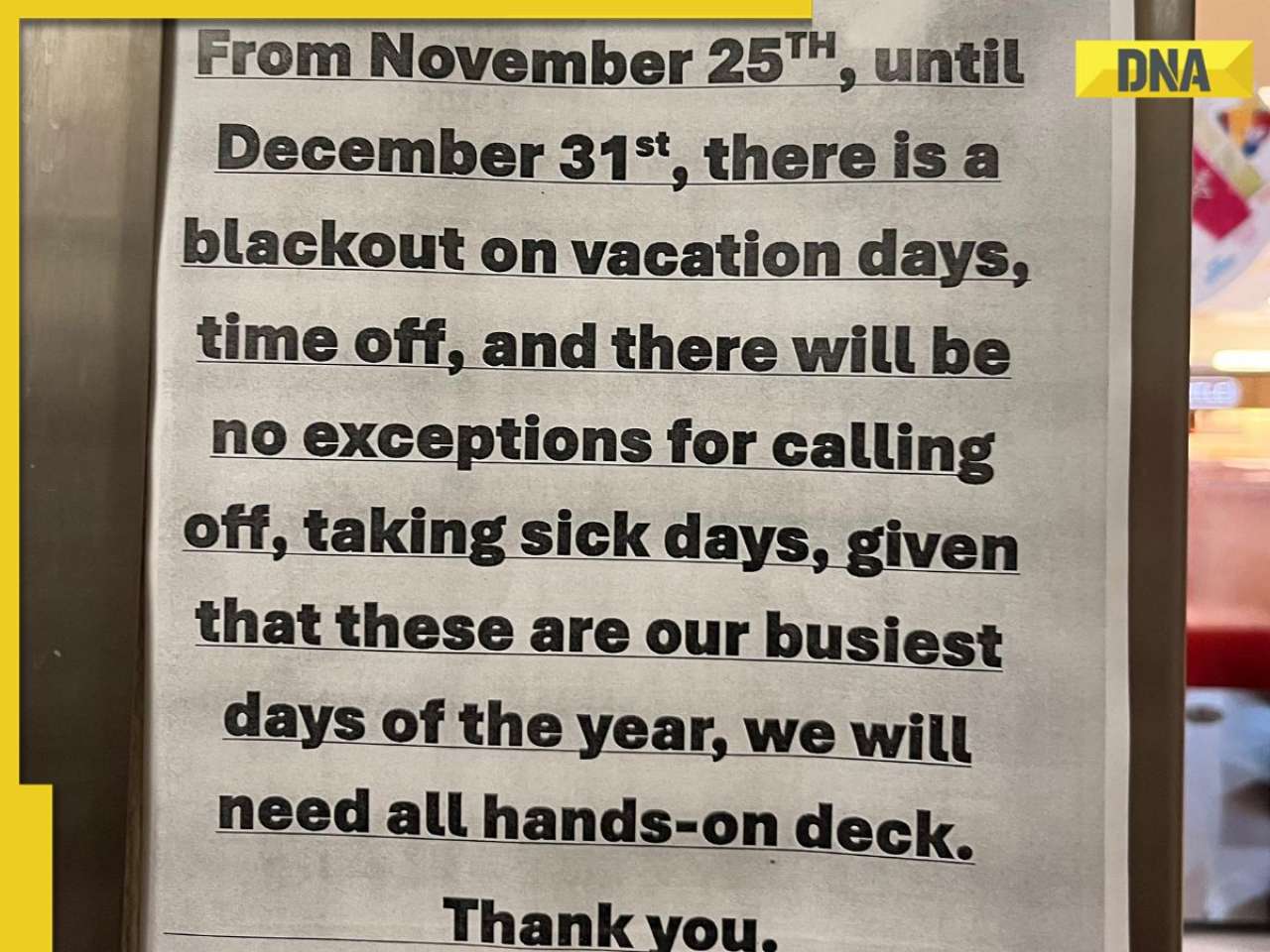- LATEST
- WEBSTORY
- TRENDING
INDIA
Bangladesh bans Padma Hilsa export to India ahead of Durga Puja, prices expected to...
Bangladesh bans hilsa exports to India ahead of Durga Puja causing a shortage in the festive fish markets.
TRENDING NOW
Bangladesh bans Hilsa fish export to India ahead of Durga Puja: As the Durga Puja season approaches, a beloved tradition in Bengali households is under strain. The aroma of steamed hilsa in mustard sauce, a staple during the festivities, may become more expensive this year. The reason? Bangladesh's new military-backed caretaker government has banned the export of hilsa fish (known as "ilish" in Bengali) to India. This move has created a shortage of the prized Bangladeshi hilsa, just as Bengalis prepare to celebrate their biggest festival.
Hilsa, particularly the variety from the Padma River in Bangladesh, is highly sought after in West Bengal during Durga Puja. It’s often enjoyed with khichuri (khichdi) as part of the festive feasts. However, this year, the usual supply of Padma hilsa is being cut off due to the export ban, and prices are expected to skyrocket.
The ban represents a departure from a longstanding practice in Bangladesh. For years, the country has sent large quantities of hilsa to India, especially during festive seasons like Durga Puja, Poila Boisakh (Bengali New Year), and Jamai Soshti (a special celebration for sons-in-law). This was largely facilitated by Sheikh Hasina, the former Prime Minister of Bangladesh and leader of the Awami League. Her government had lifted a general ban on hilsa exports to India that had been in place from 2012 to 2020, despite the fish being a national symbol and a source of national pride in Bangladesh, which produces around 70% of the world's hilsa.
The ban on hilsa exports was initially introduced in response to disputes between India and Bangladesh over the Teesta River water-sharing agreement. Although the ban led to rising prices in Indian markets and increased smuggling across the India-Bangladesh border, Sheikh Hasina's government had allowed exceptions for India during important festivals.
Now, with the change in government, those exceptions have come to an end. Farida Akhter, an advisor to the Bangladesh Ministry of Fisheries and Livestock, confirmed the new ban, explaining that it is meant to ensure sufficient supply of hilsa for Bangladeshi consumers. "We cannot allow ilish to be exported while our own people cannot buy them," she stated.
The ban could have a significant impact on Indian markets, particularly in West Bengal, where demand for hilsa peaks during Durga Puja. Without the usual supply from Bangladesh, Indian consumers may have to turn to alternative sources of hilsa from regions like Odisha, Myanmar, and Gujarat. However, these alternatives may not satisfy the demand for the highly prized Padma hilsa, and prices are likely to rise sharply as a result.
Despite the ban, some hilsa may still find its way into India through unofficial channels, but it will likely come at a higher cost. For many Bengalis, the absence of affordable Bangladeshi hilsa during Durga Puja could mean celebrating the festival with a lighter pocket or turning to other fish options.
The DNA app is now available for download on the Google Play Store. Please download the app and share your feedback with us.







)
)
)
)
)
)
)
)
)
)
)
)
)
)
)
)




























































